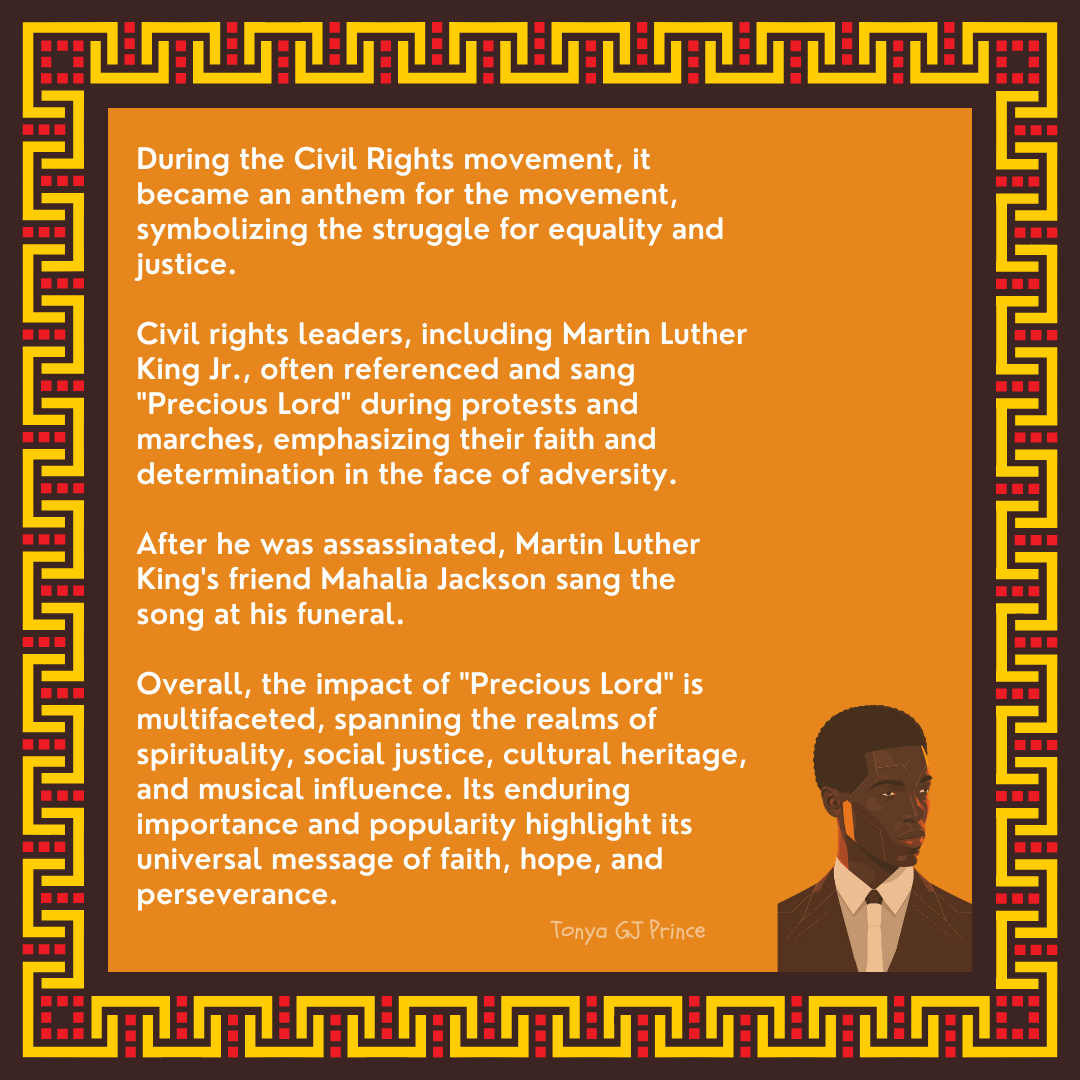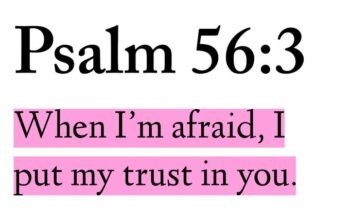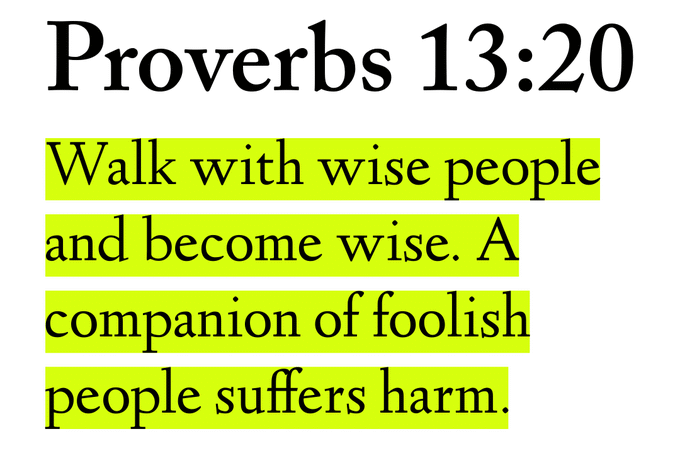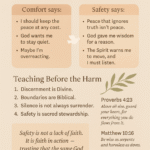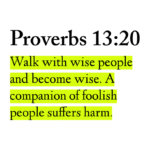There are some hymns that do more than soothe the spirit—they become anchors in storms, prayers set to melody, companions in the dark valley of grief. For so many in the Black church, one such song is “Precious Lord, Take My Hand.”
The Story Behind the Song
Thomas A. Dorsey was not always known as the “Father of Gospel Music.” In his early life, he played the blues, writing and performing under the name “Georgia Tom.” His music carried rhythm and style, but his soul longed for something deeper.
That longing was tested in 1932 when tragedy struck his life. While away leading a revival meeting, Dorsey received the devastating news that his beloved wife, Nettie Harper Dorsey, had died during childbirth. Soon after, their infant daughter also passed away.
The grief was unspeakable. A man who had given his life to music and ministry suddenly found himself surrounded by silence and despair. He later said he felt alone, like a “lost child.” It was in this unimaginable sorrow that he cried out to God—not with bitterness, but with a plea. And from that prayer was born the hymn “Precious Lord, Take My Hand.”
A Song that Became a Prayer for Generations
The words were simple, yet they carried the weight of his broken heart:
“Precious Lord, take my hand,
Lead me on, let me stand.
I am tired, I am weak, I am worn…”
This was no polished performance piece. It was a prayer whispered through tears. Yet it has traveled the world, comforting millions who have faced loss, uncertainty, and despair.
Scripture says: “The Lord is close to the brokenhearted and saves those who are crushed in spirit” (Psalm 34:18). Dorsey’s hymn gave that verse a melody.
Mahalia Jackson, one of the greatest gospel voices, carried “Precious Lord” into history. She sang it at the request of Dr. Martin Luther King Jr., and later at his funeral in 1968, lifting the broken-hearted with her voice. She also sang it in the climactic funeral scene of the 1959 film Imitation of Life, making an entire generation weep with recognition of their own grief.
Through every note, the hymn became a balm for the wounded, a reminder that even in the valley of death, God’s hand reaches out to guide and hold His children.
Dorsey’s Life Afterward
Thomas A. Dorsey did not let his grief silence him. Instead, he gave birth to an entire movement based in enduring love and faith. Out of his sorrow, he became the pioneer of gospel music as we know it today—writing over a thousand songs, training choirs, and shaping the sound of faith for the Black church and beyond.
His life became a testimony: that even in unbearable loss, God can plant seeds of healing that grow into songs of hope for generations.
Isaiah 41:10 reminds us: “Fear not, for I am with you; be not dismayed, for I am your God; I will strengthen you, I will help you, I will uphold you with my righteous right hand.” Dorsey’s song is simply that truth sung aloud.
A Legacy of Comfort
Today, when “Precious Lord, Take My Hand” is sung at funerals, vigils, and Sunday morning worship, it is more than a hymn—it is a companion for weary souls. It is the echo of Dorsey’s own cry to God, transformed into a gift for the world.
It reminds us that faith is not about pretending sorrow doesn’t exist. It is about holding on to God’s hand when sorrow threatens to pull us under.
As Revelation 21:4 promises, “He will wipe away every tear from their eyes, and death shall be no more, neither shall there be mourning, nor crying, nor pain anymore, for the former things have passed away.”
Thomas A. Dorsey’s legacy is not only in the notes he wrote, but in the faith he modeled: a faith that clings to God, even through tears.
And so we sing, even today:
“Through the storm, through the night,
Lead me on to the light,
Take my hand, Precious Lord,
Lead me home.”
*Please keep the women and children at risk of dying in childbirth in your prayers and at the center of works.
May we keep the victims of school shootings in our prayers-those who do not survive and those who do. School has just begun, and there have been multiple school shootings. I can’t imagine that God is pleased with us. We must act to protect them. They have no power to keep themselves safe, nor to solve this. That’s our job. That’s our duty.

